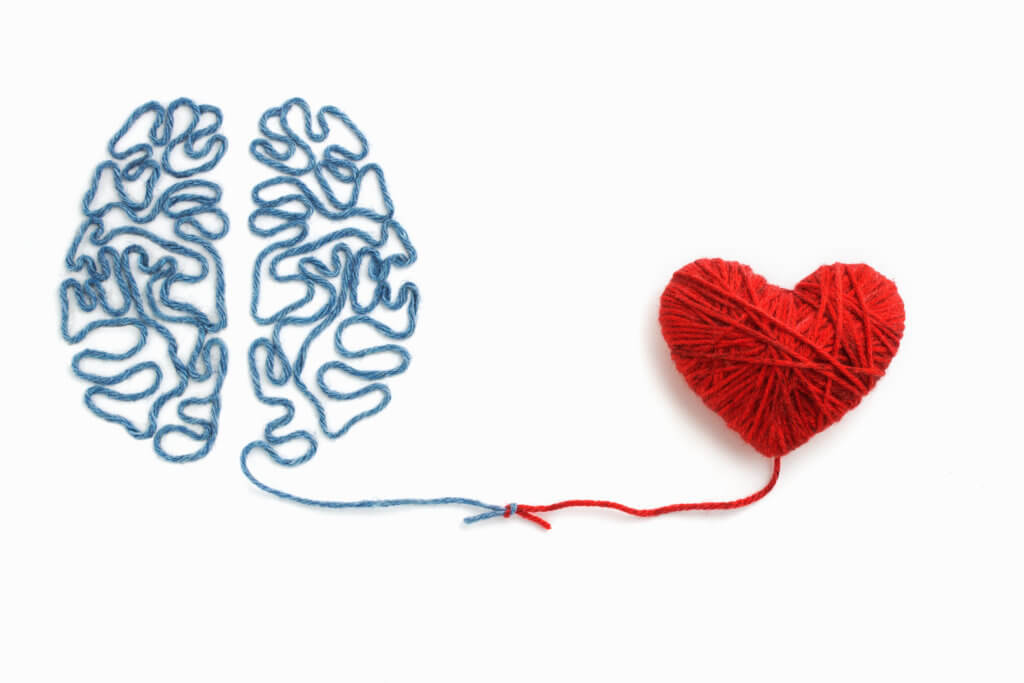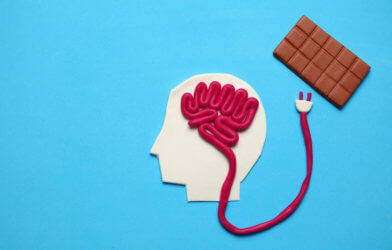Atrial cardiopathy, a common heart disorder that affects the organ’s upper chamber, can raise the risk of dementia by more than a third, according to new research.
The condition causes structural changes in the heart and can lead to an irregular heartbeat and trigger a stroke, if left untreated. A study of around 5,000 older people finds those with the condition were 35 percent more likely to develop dementia.
“The results highlight the need to get a better understanding of the relationship and mechanisms between a state of atrial dysfunction that may be sub- clinical – not presenting symptoms – and the newly uncovered association with dementia,” says study lead author Dr. Michelle Johansen, an assistant professor of neurology at The Johns Hopkins University in Baltimore, in a statement.
The study shows that abnormal size or functioning in the left atrium may play a role in dementia onset years before loss of memory and confusion begins.
It could open the door to a screening program. Drugs trials have failed to date because they are administered once the disease has already taken hold. Atrial cardiopathy often serves as a biomarker, or predictor, of cardiovascular disease, the world’s biggest killer.
“Dementia risk increased even among those who did not experience atrial fibrillation or stroke, two conditions known to be associated with dementia,” says Johansen.
The left atrium is one of four chambers of the heart, receiving blood from the lungs and pumping it into the left ventricle, which sends it to the rest of the body. Shedding light on the relationship offers hope of desperately needed treatments. The number of dementia cases worldwide will triple to 150 million by 2050.
Johansen and colleagues followed members of the ARIC (Atherosclerosis Risk in Communities) study which began in 1987 to research heart health. Participants were tracked for more than three decades, during which time 763 were diagnosed with dementia and 1,709 with atrial cardiopathy. The researchers also adjusted for people who experienced atrial fibrillation, which causes a very fast heart rate and stroke. They still observed a respective 31 and 28 percent increase in dementia risk in patients with atrial cardiopathy — even after accounting for other vascular factors.
“It suggests a state of atrial cardiopathy leading to dementia is not a result of atrial fibrillation or stroke alone,” says Johansen. “The results do not imply causality. They emphasise the importance of lowering vascular and heart disease risks.”
Participants were aged 45 to 65 at the start. They came from North Carolina, Maryland and Mississippi and attended checkups every three years. Resulting data including hospital records, electrocardiogram recordings, doctor and coroner questionnaires and death certificates were gathered.
The analysis focused on those who returned for fifth, sixth and seventh clinical visits. They were evaluated for cognitive decline indicating dementia. It involved a comprehensive battery of neuropsychological tests measuring processing speed, episodic memory, language, attention and executive function. A spouse, adult child or close friend of a subset were also interviewed about the individual being evaluated.
A diagnosis of dementia was generated based on a computer algorithm and then confirmed by an expert.
With no Alzheimer’s disease cure in sight, there is an increasing focus on protective behaviors. Eating plenty of fresh fruit and vegetables and getting plenty of exercise, is known to be good for both body and mind.
Risk factors for cardiovascular disease and dementia are known to be very similar. The study is in the Journal of the American Heart Association.
Report by Mark Waghorn, South West News Service












